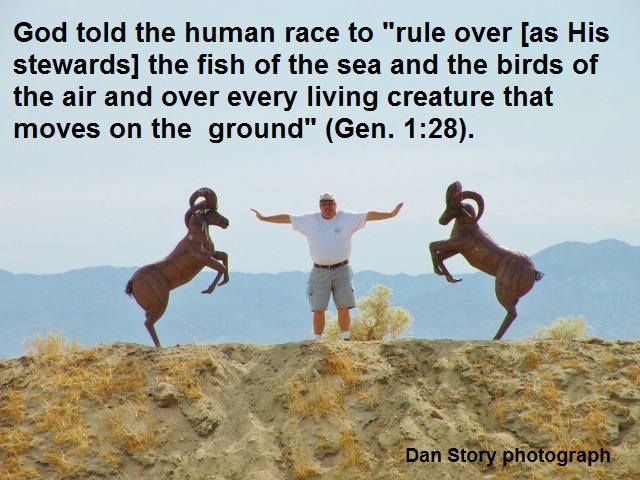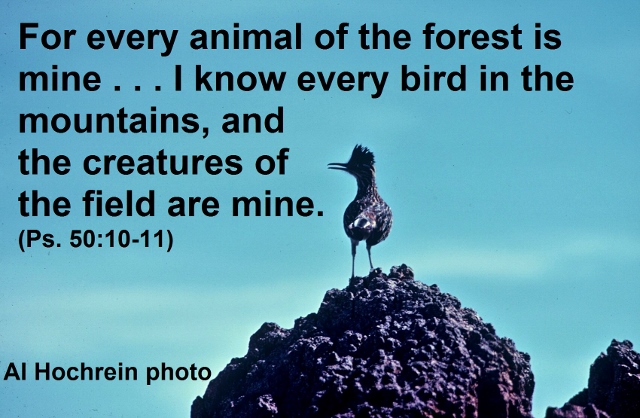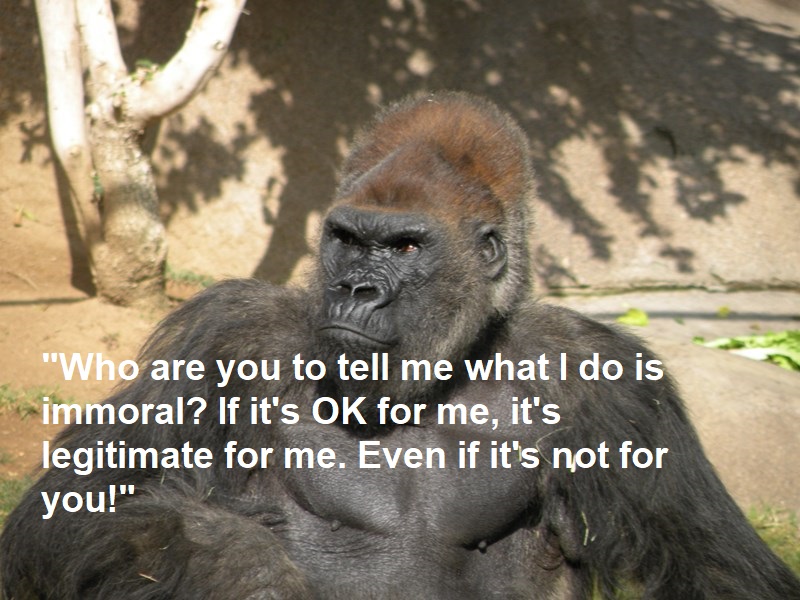
Part Four: “Do Animals Have Souls and Do Animal Rights Advocates Have a Just Cause?”
Before the 19th century, animals were regarded as little more than biological machines. Rene Descartes and other 17th century philosophers and scientists even believed animals did not feel pain, which, among other things, resulted in the cruel practice of vivisection, where experiments and surgery were performed on live animals without anesthesia. Descartes may have justified this practice because he believed animals had neither the ability to think nor immortal souls.
Let me start by saying the Bible reveals that animals do have souls. As well-known theologians, Gary Habermas and J.P Moreland point out in Immortality: The Other Side of Death: “Throughout the history of the church, the classic understanding of living things has included the doctrine that animals, as well as humans, have souls. Christians have maintained this because the Bible teaches that animals have souls.” (In my book, Will Dogs Chase Cats in Heaven? People, Pets, and Wild Animals in the Afterlife, I give biblical and scientific evidence that we have every reason to believe God did give animals immortal souls.)
Today, it’s hard to imagine anyone ever believing that animals have no thoughts, let alone not feel pain. During the last century, an enormous amount of data has accumulated on animal behavior through the relatively new science of ethology (a branch of biology that studies animal behavior). It’s known today that animals not only feel pain and retain memories of it, but they also experience real emotions. Senior writer for Time Magazine, Jeffrey Kluger, in his book The Animal Mind, wrote:
“The more deeply scientists look into the animal mind, the more they’re discovering it to be a place of richness, joy, thought and even nuance. . . . Animals, the research is proving, are creatures capable of reflection, bliss, worry and more. Not all of them in the same ways or to the same degrees, surely, but all of them in far deeper measures than we’ve ever believed. The animal mind is nothing like the wasteland it’s been made out to be.”
Animal rights advocates legitimately justify their cause because sentient animals (animals with awareness and perception, such as mammals and birds) have emotional and cognitive characteristics similar to humans—although much less development. Not only do they feel pain, but they also experience stress, fear, anxiety, grief, loneliness, despair, and other human-like characteristics. Numerous studies in animal behavior have documented this. (I give many examples in Will Dogs Chase Cats in Heaven.) It’s unarguable that animals are more than mindless biological machines without feeling and emotions. This is reason enough for us to carefully consider how we treat and care for non-human life.
Although all people must reject any ideology that elevates animals to human status, the question of what constitutes legitimate animal rights is a moral issue which Christians must seriously grapple with from a biblical perspective. And because Christians are obligated to treat animals according to divine precepts (e.g., Prov. 12:10), it is also a theological issue. So the starting point for developing a biblical concept of animal rights is to explore God’s perspective on wild and domesticated animals. This will be the topic of next week’s blog post. ©








